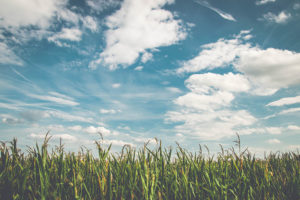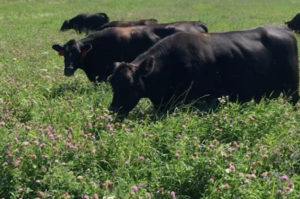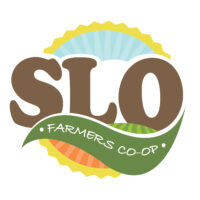SLO -- Sustainable, Local, and Organic
Our general definitions of these words help explain how the standards for our cooperative members are derived.
Sustainable
Meets the needs of the current generation without compromising the needs of future generations. Balances people, planet, and profit as needed to maintain an agricultural enterprise.
Local
Our region is 17 counties in northeast Wisconsin.
Organic
Using production methods aligned with those in the National Organic Program or pledging to move toward those standards as part of a farm business plan.
Membership Standards
People
Family farms are valued. Owners who work side-by-side with workers and compensate labor at minimum wage or more are preferred. Options for workers to share management and ownership shares are encouraged. Farms must show community involvement. Farms must be GAP certified (or be planning to become GAP certified) and also have a written plan for sustainability.
Planet
 Land & water are valued. A farm system that values soil health is fostered. Specific crop production practices that reflect soil, plant, water quality are listed below:
Land & water are valued. A farm system that values soil health is fostered. Specific crop production practices that reflect soil, plant, water quality are listed below:
a) Compost is used annually
b) Animal/green manures are the main nitrogen sources
c) Non-synthetic fertilizers are strongly preferred
d) No synthetic herbicides or pesticides are allowed
e) Seeds must be non-GMO
f) Buffers are installed along all waterways
g) Space for wildlife habitat is encouraged
h) Row crop fields must be rotated annually to a different species
i) Perennial, managed pasture are used for livestock and there is no soil loss from the farm
j) Cover crops are used or fields/beds are fallowed appropriately
k) Exceptions to any of the standards above must be pre-approved by the board and are noted on any sales made from the farm that has the exception
Animal Stewardship
 (Further details for grass-fed beef are found in a separate document)
(Further details for grass-fed beef are found in a separate document)
a) Animals must have access to clean water daily
b) Animals must be kept in herds or flocks, not isolated or tethered continuously
c) Animals must have clean bedding and appropriate shelter
d) Animals must have enough pen space to engage in natural behavior
e) Pen manure must not be more than ankle deep except in rare circumstances
f) Antibiotic use is not allowed except in emergencies
g) Hormones are not allowed
h) Chemical de-worming and fly control are strongly discouraged, natural products are allowed
i) All veterinary treatments (i.e. vaccines, de-horning, castrating) must be documented
During the growing season:
a) Animals must have access to the outdoors, and clean fresh grass, daily
b) Ruminants must get at least 50% of their daily intake from managed pasture
c) Feedlot production is not allowed
